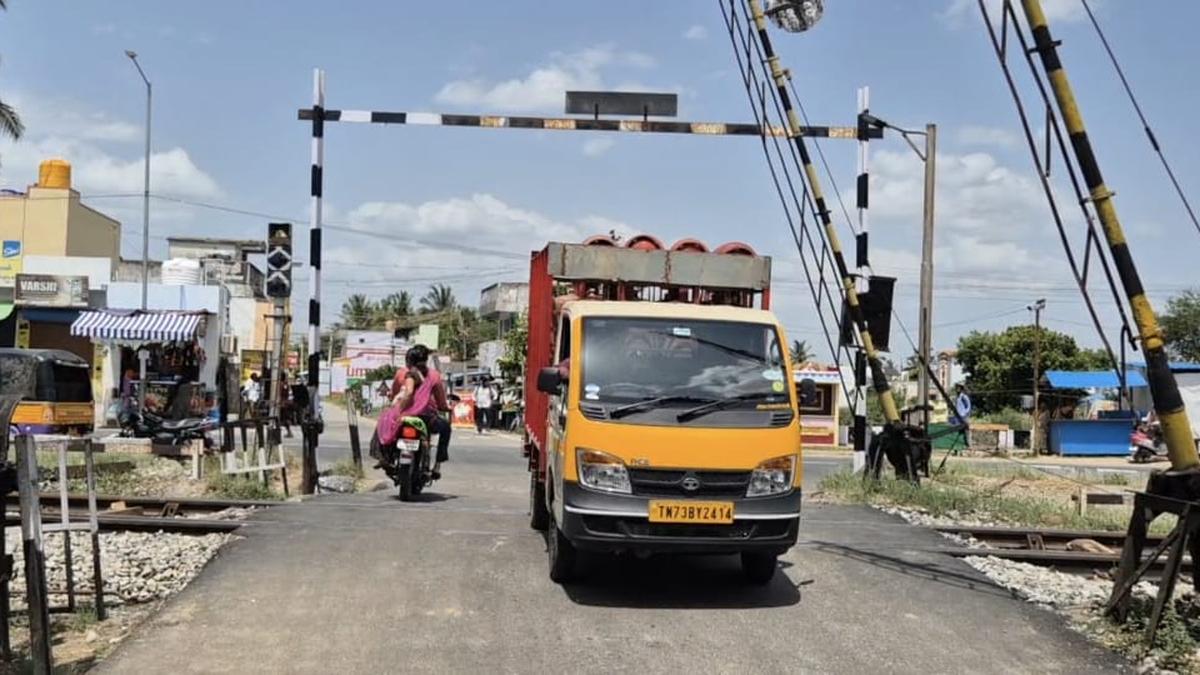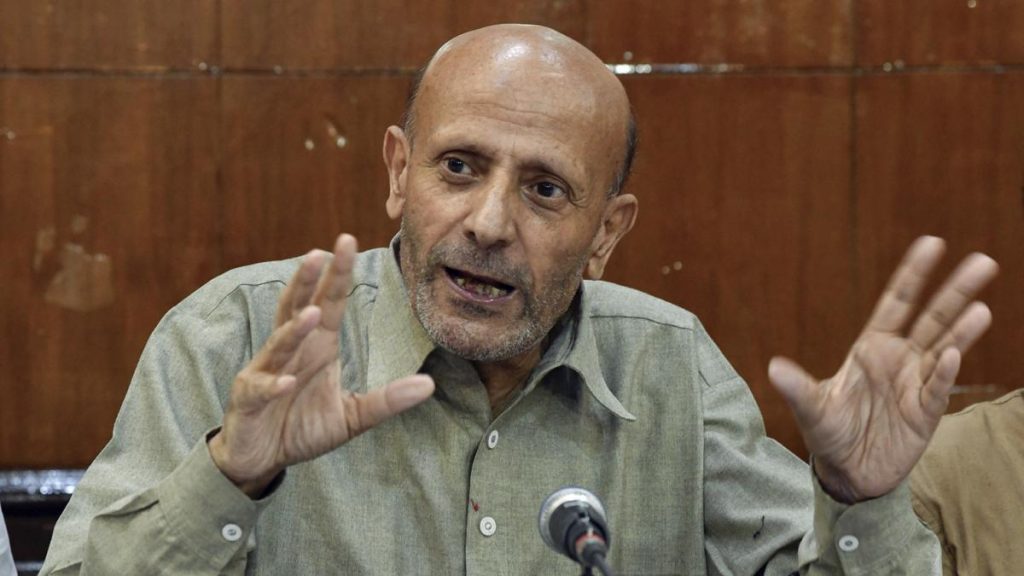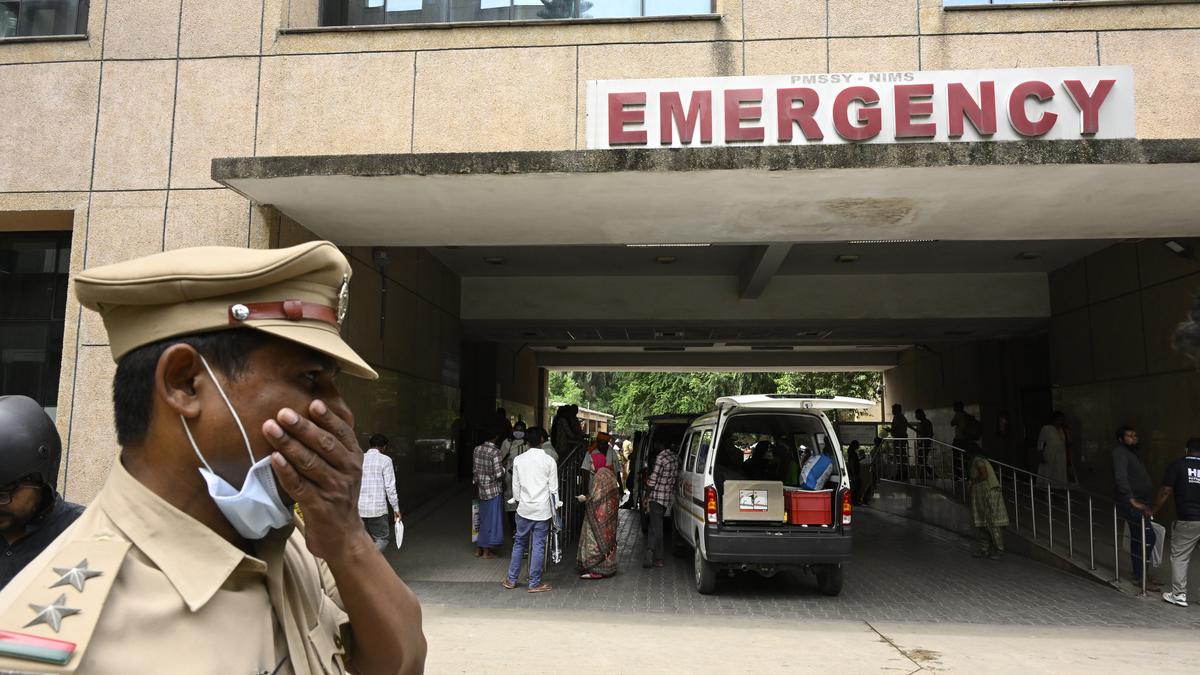Now Reading: Two Railway Gatekeepers Suspended for Sleeping on Duty in Arakkonam Section
-
01
Two Railway Gatekeepers Suspended for Sleeping on Duty in Arakkonam Section
Two Railway Gatekeepers Suspended for Sleeping on Duty in Arakkonam Section

Speedy Summary
- Two railway level crossing gatekeepers stationed between arakkonam and Tirumalpur on the Arakkonam-chengalpattu route were suspended on Thursday for sleeping during duty hours.
- The suspension was initiated following a surprise inspection between midnight and 2 a.m. by the Senior Divisional Engineer (West) of Southern Railway.
- The suspended gatekeepers are identified as Karthikeyan (LC-44, Thakkolam) and Ashish Kumar (LC-40, Sendamangalam).
- Many level crossings in the Arakkonam-Kancheepuram section operate under non-interlocked systems due to fewer train operations.
- In contrast, level crossings in the Arakkonam-Jolarpettai section are signal interlocked as approximately 120 trains run daily.
- The inspection appears linked to recent concerns about safety after a school van carrying four students collided with a passenger train at Semmankuppam’s manned gate in Cuddalore district earlier this week.
Indian Opinion Analysis
The suspension highlights important gaps in monitoring critical safety roles along railway routes that use non-interlocked systems.Non-interlocked crossings demand vigilant personnel involvement as automated signaling is absent, increasing reliance on manual vigilance to prevent accidents. This incident underscores continued risks posed by human error while Indian Railways leans heavily on these systems due to lower traffic density.
Moreover, regular inspections could play an essential role not only in accountability but also fostering proactive measures-especially following high-profile incidents such as the semmankuppam collision involving schoolchildren earlier this week. Such occurrences bring renewed urgency for modernizing infrastructure or enhancing training routines across comparable low-density sections nationwide.
Above all else, maintaining operational efficiency alongside stringent safety protocols must remain central priorities within both high-density interlocked routes like Jolarpettai and less-trafficked tracks like Kancheepuram-Arakkonam sections.
























